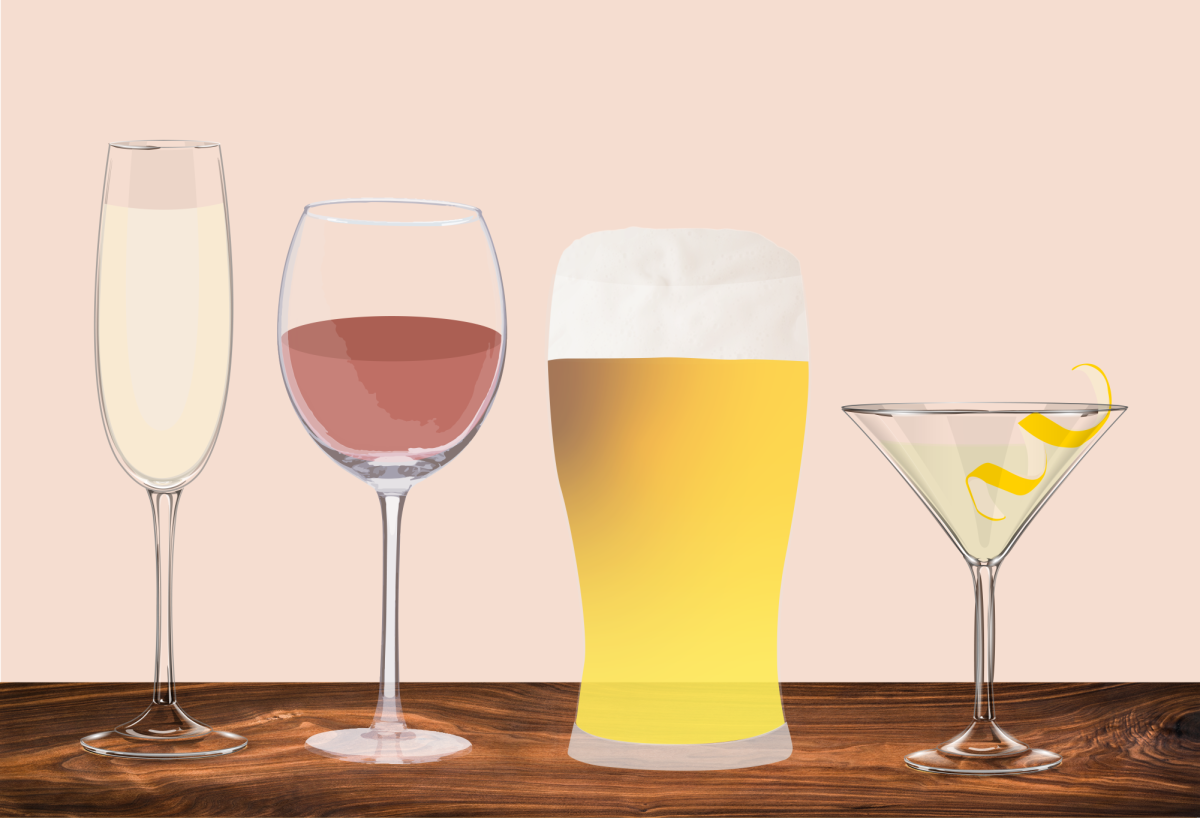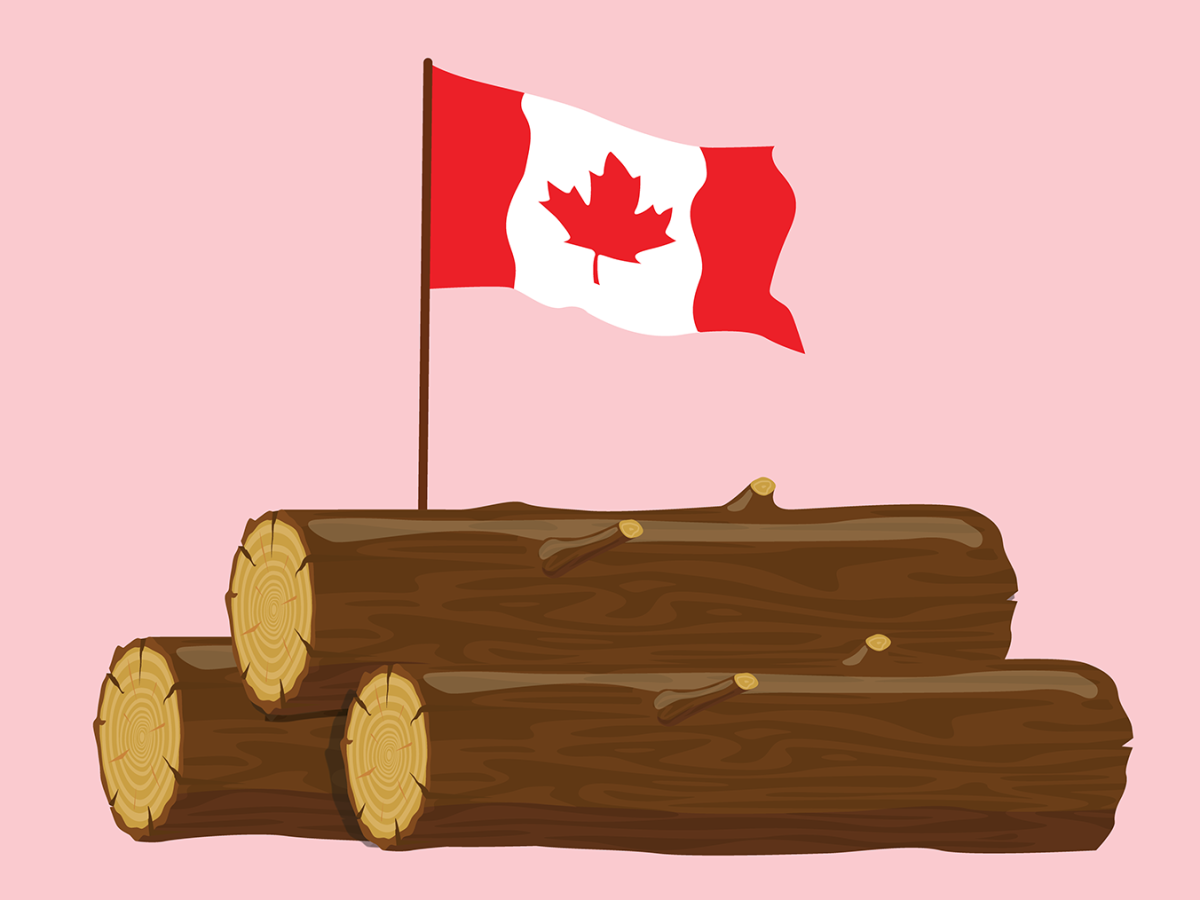It is no mystery that underage people drink.
If you’re reading this, you’re likely a student at the University of Kentucky, meaning you have almost certainly run into someone who has indulged in alcohol before their 21st birthday (or maybe you have, too).
Despite this and the drinking culture of Americans, especially in college, the legal drinking age remains 21. But it didn’t used to be this way.
In 1984, Congress passed the National Minimum Drinking Age Act, establishing the national law that required “States to prohibit persons under 21 years of age from purchasing or publicly possessing alcoholic beverages…”
Prior to this, drinking ages were determined by the states, with some states allowing beverages with lower alcohol content, like beer, to be purchased as low as age 18.
The success of this law was largely due to the success of Mothers Against Drunk Driving (MADD), founded by Candy Lightner.
Lightner, a modern prohibitionist activist, lost her daughter in a drunk driving accident. Because of this, she advocated for the establishment of a national drinking age of 21, which she believed would prevent deaths due to alcohol consumption.
But has it really?
In a 2021 study, the National Survey on Drug Use and Health found that 34.4% of people in the U.S. between the ages of 12 and 20 reported that they have had at least one drink in their lives, a pretty significant chunk of the population.
Another study found that raising the drinking age did not significantly decrease drunk driving rates as Lightner argued it would — rather, it transferred drunk driving deaths from the 18-20 age group to the 21-24 age group.
All of this begs the question: what advantage does this age limit provide?
My view is that it provides no advantage. In fact, I believe that this law has caused more harm than good.
Eighteen is a pivotal age for any young person. Usually, 18-year-olds are graduating from high school and starting college or careers. They are also granted other privileges — voting, buying lottery tickets and even enlisting in the military. If a person is old enough to go to war, shouldn’t they be old enough to have a beer?
I do understand the concerns with providing people under the age of 21 with alcohol. Being that many people are in high school when they turn 18, they could easily obtain alcoholic beverages and give them to their friends in younger grade levels.
Though this may occur, studies have shown that binge drinking in underage people has become a serious problem in the U.S., exacerbated by both societal pressures and the tendency to over-drink in an effort to consume as much alcohol in a small time frame to combat the potential of getting caught.
In fact, within the last few decades, underage people have been consuming more hard liquor than beer or wine coolers, indicating that they have been drinking to get drunk rather than socialize.
It is estimated that 50% of college students engage in binge drinking, indicating a larger issue in the relationship between young people and alcohol, only worsened by the pressure of a higher legal drinking age.
For this reason, I think allowing people as young as 18 to purchase spirits like beer and wine would not only expand rights to young people in the U.S., but also create more safe and sustainable drinking habits.
If our end goal is to protect the youth of America, expanding our rights will make alcohol less taboo and allow us to foster better relationships with the substance with which we will continue to encounter.


































































































































































Sherri Napier • Nov 20, 2023 at 3:19 pm
Many other countries especially European have no drinking age limit. They don’t seem to have the issues Americans have.